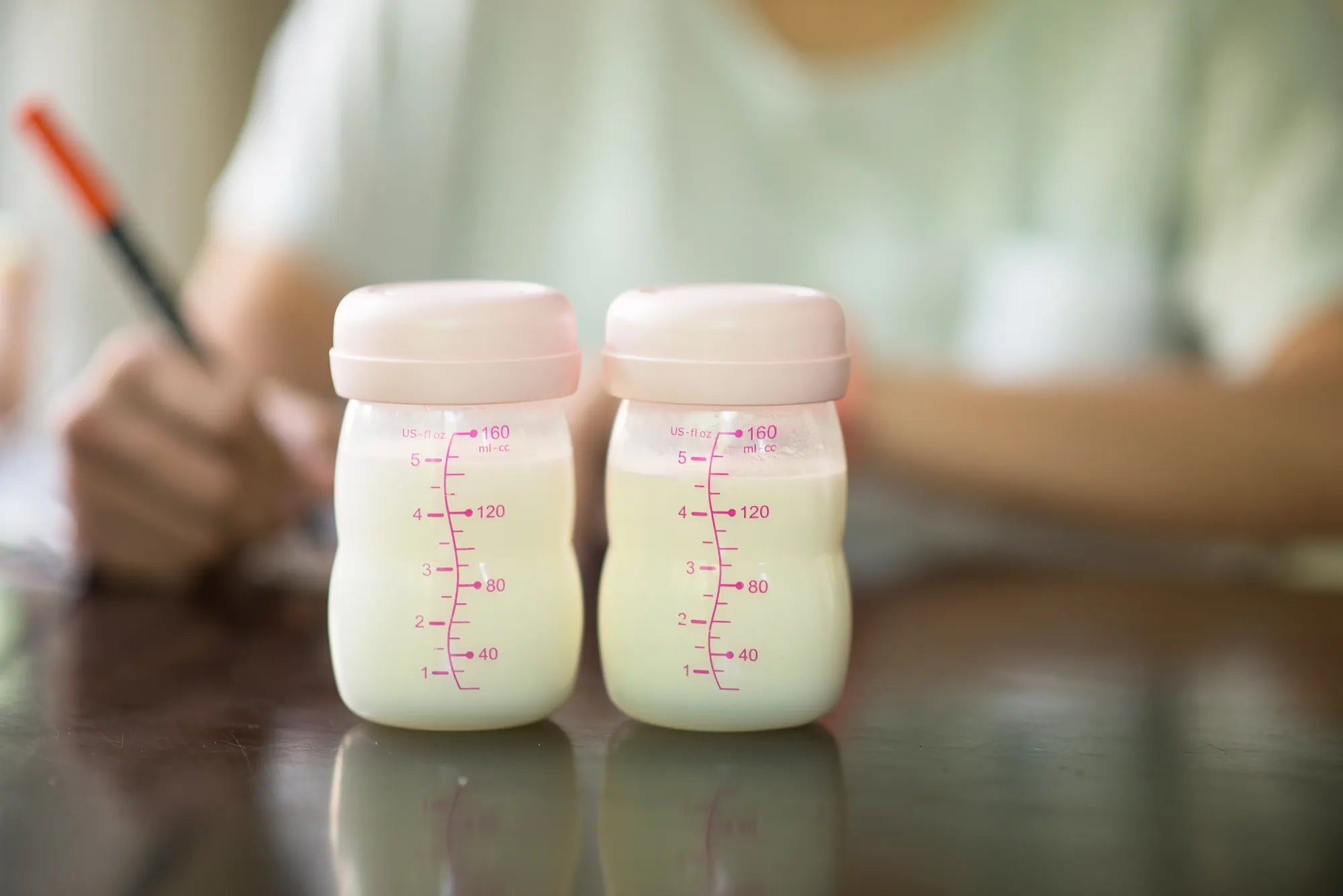Accueil
Pregnancy, Breastfeeding, and Pumping: The Ultimate Guide for Moms
Does Pumping Make Your Breast Sore? Exploring the Causes and Solutions

Does Pumping Make Your Breast Sore? Exploring the Causes and Solutions
Breast pumping is a lifeline for many mothers, whether they are returning to work, building a milk stash, or ensuring their baby gets enough nourishment. However, one common concern that arises is whether pumping can make your breasts sore. The answer is yes, but understanding the reasons behind this discomfort and how to address it can make all the difference in your pumping experience.
Why Does Pumping Cause Breast Soreness?
Breast soreness during or after pumping can stem from several factors. One of the primary reasons is improper pump settings. Using a pump with suction that is too high or too low can lead to discomfort. Additionally, incorrect flange size can cause friction or pressure on the breast tissue, resulting in soreness.
Another factor is the duration of pumping sessions. Prolonged pumping can strain the breast tissue and lead to tenderness. It’s essential to follow recommended guidelines for pumping duration to avoid overstimulation.
Lastly, hormonal changes during lactation can make breasts more sensitive. This natural sensitivity can be exacerbated by the mechanical action of pumping, leading to soreness.
How to Prevent Breast Soreness While Pumping
Preventing breast soreness starts with ensuring you have the right equipment. Choosing a pump with adjustable settings allows you to find a comfortable suction level. Additionally, selecting the correct flange size is crucial. A flange that fits properly will minimize friction and ensure efficient milk removal.
Timing your pumping sessions is equally important. Avoid pumping for longer than necessary, and take breaks if you feel discomfort. Massaging your breasts before and during pumping can also help stimulate milk flow and reduce soreness.
Maintaining proper hydration and nutrition supports overall breast health. Staying hydrated ensures that your body can produce milk efficiently, while a balanced diet provides the nutrients needed for tissue repair and maintenance.
Addressing Existing Breast Soreness
If you’re already experiencing breast soreness, there are several steps you can take to alleviate the discomfort. Applying a warm compress before pumping can help relax the breast tissue and improve milk flow. After pumping, a cold compress can reduce inflammation and soothe soreness.
Using a lanolin-based cream or nipple balm can also provide relief. These products help moisturize and protect the skin, preventing further irritation. If soreness persists, consider consulting a lactation consultant or healthcare provider to rule out underlying issues such as mastitis or blocked ducts.
Rest and self-care are vital during this time. Giving your body time to recover and prioritizing your well-being can make a significant difference in your pumping experience.
Long-Term Strategies for Breast Health
To maintain breast health while pumping, it’s essential to establish a consistent routine. Regular pumping sessions help regulate milk production and prevent engorgement, which can contribute to soreness. Alternating breasts during each session ensures even stimulation and reduces the risk of discomfort.
Investing in a high-quality breast pump and accessories can also make a difference. While it’s important to avoid specific brand mentions, opting for a pump with positive reviews and reliable performance can enhance your experience.
Finally, listen to your body. If you notice persistent soreness or other symptoms, don’t hesitate to seek professional advice. Your health and comfort are paramount, and addressing concerns early can prevent more significant issues down the line.
Breast pumping doesn’t have to be a painful experience. By understanding the causes of soreness and implementing practical solutions, you can make pumping a more comfortable and rewarding part of your breastfeeding journey. Whether you’re a new mom or an experienced pumper, taking steps to care for your breasts ensures that you and your baby can thrive.
Partager


